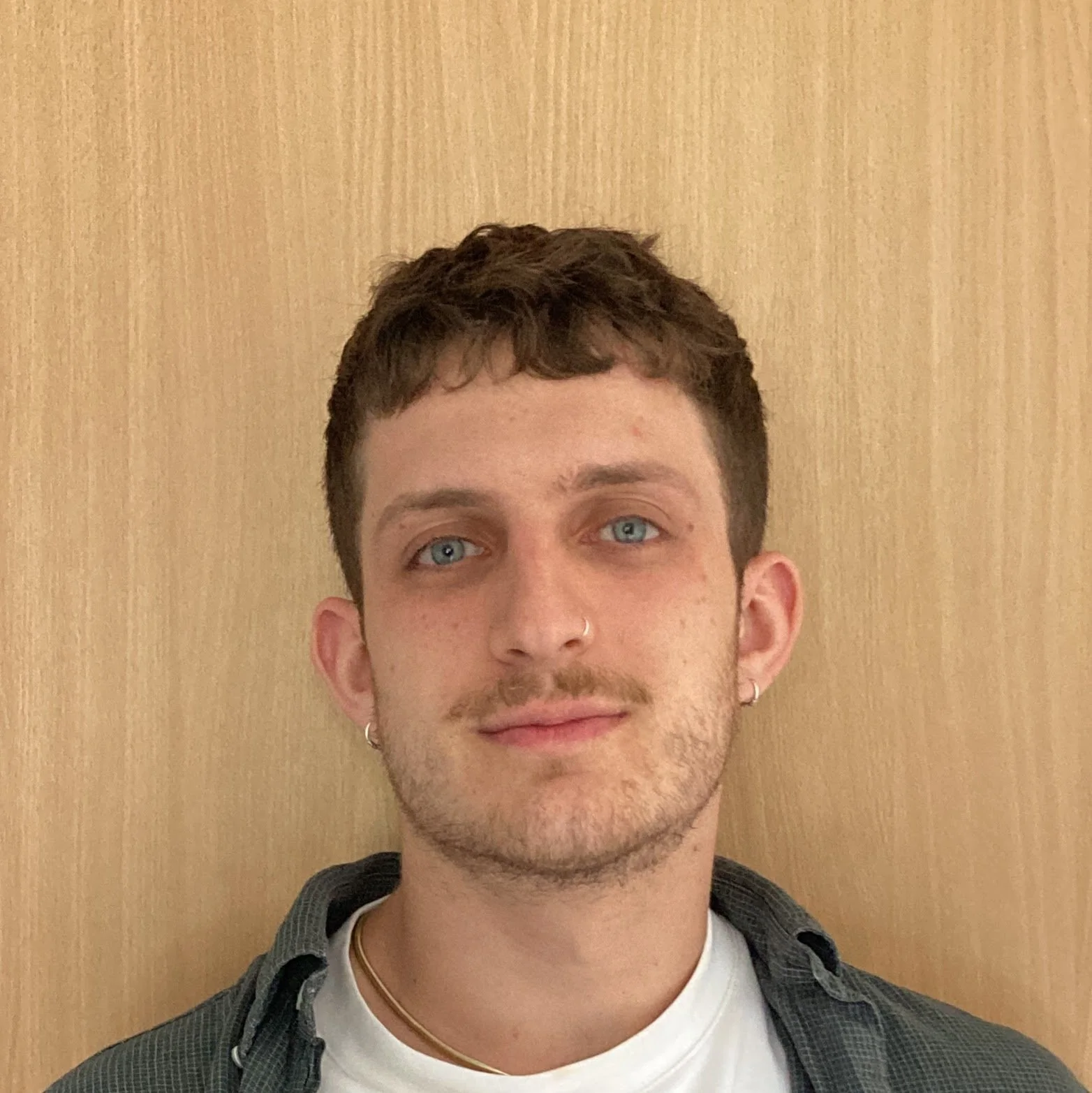
SPEAKERS
The most Influential figures from the European psychedelic healthcare industry converge at PSYCH Symposium: London.
2025 Speakers
-

Prof David Nutt
Founder
Drug Science
Professor of Neuropsychopharmacology and Head of the Centre for Psychedelic Research in the Division of Psychiatry, Dept of Brain Sciences
Imperial College LondonProf. David Nutt is a psychopharmacologist who has held major leadership roles in UK and European scientific bodies, including presidencies of the British and European neuroscience and psychopharmacology associations, and chairing the UK Advisory Council on the Misuse of Drugs. A Fellow of the Royal Colleges of Physicians and Psychiatrists and the Academy of Medical Sciences, he has published over 600 research papers, numerous books, and served as editor of the Journal of Psychopharmacology for 25 years. Recognised with honors such as the John Maddox Prize and a Doctor of Laws from the University of Bath, he was ranked the world’s leading psychopharmacologist by Scholar GPS in 2024.
-
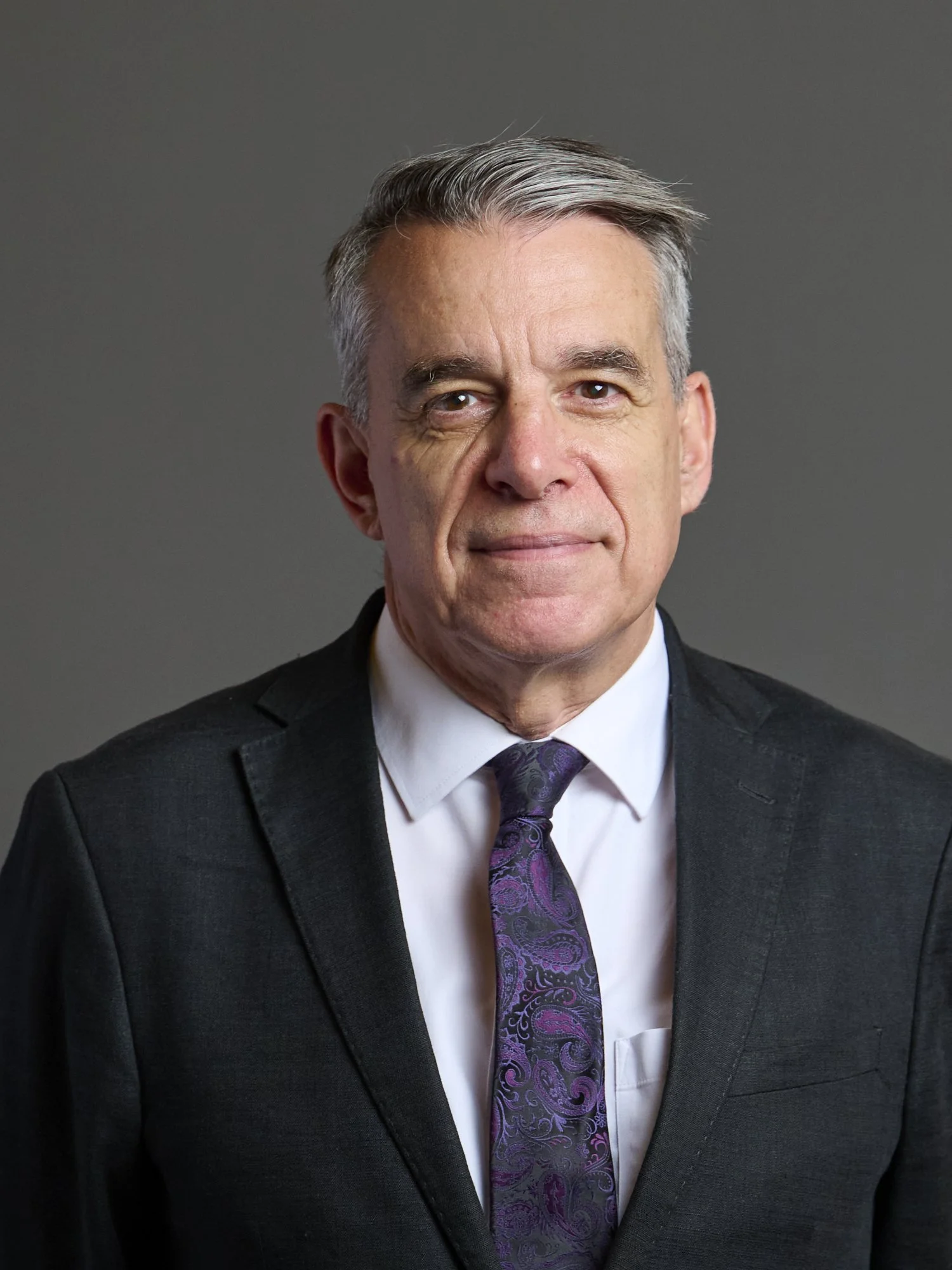
Jeff Smith MP
Co-chair
All-Party Parliamentary Group for Drug Policy ReformJeff Smith MP represents Manchester Withington and co-chairs the All-Party Parliamentary Group for Drug Policy Reform, where he advocates for evidence-based and health-focused approaches to drug legislation. He has spoken in Parliament on improving patient access to medical cannabis and has championed measures such as drug safety testing at festivals to reduce harm and save lives. Alongside his parliamentary work, he serves as a trustee of Drug Science and is a prominent voice for reforming drug policy in the UK.
-
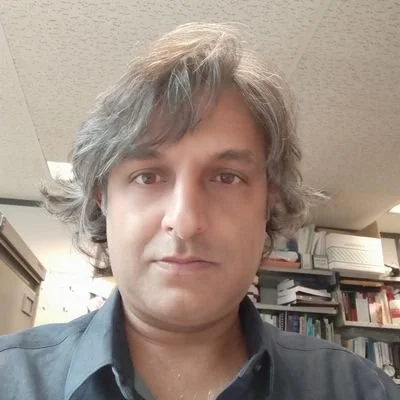
Prof Sunjeev Kamboj
Co-director of the Clinical Psychopharmacology Unit
University College LondonProf. Sunjeev Kamboj is Professor of Translational Clinical Psychology and Co-director of the Clinical Psychopharmacology Unit at University College London, and an Honorary Consultant Clinical Psychologist with the North London NHS Foundation Trust. After completing his neuropharmacology studies and a DClinPsy at UCL, he held prestigious fellowships, including a Wellcome Trust International Travelling Fellowship at Johns Hopkins University and a Wellcome Postdoctoral Fellowship at UCL, before joining the UCL faculty. His research focuses on human psychopharmacology, experimental psychopathology, addiction, traumatic stress, and anxiety disorders.
-

Prof Celia Morgan
Chair of Psychopharmacology
University of ExeterProfessor Celia Morgan is Chair of Psychopharmacology at the University of Exeter and Honorary Reader at UCL. After completing her PhD at UCL, she held research fellowships at Yale and the University of Melbourne before returning to the UK. Her research explores the effects of drugs and alcohol on brain and behaviour, with a focus on both risks and therapeutic applications. She has led clinical trials investigating ketamine, MDMA, and classic psychedelics in the treatment of addiction and other mental health disorders, combining pharmacology with psychological therapies.
-

Dr Louise Paterson
Assistant Professor
Imperial College LondonDr Louise Paterson is Assistant Professor in Psychopharmacology and Psychiatry at Imperial College London. Her research explores the neurobiological mechanisms underpinning addiction, with a focus on developing neuroscience-informed treatments through experimental medicine, advanced neuroimaging, and clinical trials. Her overarching goal is to deliver transformative interventions that improve outcomes for people affected by addiction. Much of her current work centres on opioid dependence, a critical area of unmet clinical need. She is leading studies investigating neurokinin-1 (NK1) receptor antagonism in reward and emotion-related brain processing, as well as a clinical trial assessing whether baclofen can support methadone detoxification in community-based drug and alcohol services. Dr Paterson’s broader interests include identifying and testing novel pharmacological targets in addiction, such as the GABA-B, D3, orexin-1, and GLP-1/GIP receptors. Her recent work expands into the field of psychedelic-assisted therapy, where she co-leads the NIHR-funded PsilOpioid trial - an innovative study conducted with the Centre for Psychedelic Research at Imperial College. This trial aims to evaluate whether psilocybin therapy can reduce relapse and support early abstinence in individuals recovering from opioid dependence.
-

Dr Anne Katrin Schlag
Head of Research
Drug ScienceDr. Anne Katrin Schlag is a Chartered Psychologist and Head of Research at Drug Science, where she leads work on medical cannabis, as well as the Medical Psychedelics Working Group, aiming to advance evidence-based policy and practice. With a PhD in Psychology from the London School of Economics and previous lectureship at King’s College London, her expertise spans science-policy, risk communication, and stakeholder engagement. She holds honorary fellowships at Imperial and King’s College London, and is passionate about fostering inclusive dialogue across scientists, clinicians, policymakers, patients, and traditional knowledge holders in the psychedelic field.
-

Dr Grace Blest-Hopley
Founder
HystelicaDr Grace Blest-Hopley is the founder of Hystelica, a research initiative addressing the lack of female-specific medical research by investigating women’s psychedelic use across clinical, recreational, and naturalistic settings. She earned her PhD on the neurochemical and neurofunctional effects of cannabinoids, following a Master’s in Neuroscience at King’s College London, and has since continued to study cannabinoids and mental health as a research associate, with a focus on neuroimaging. She also serves as Director of Research at Heroic Hearts Project.
-
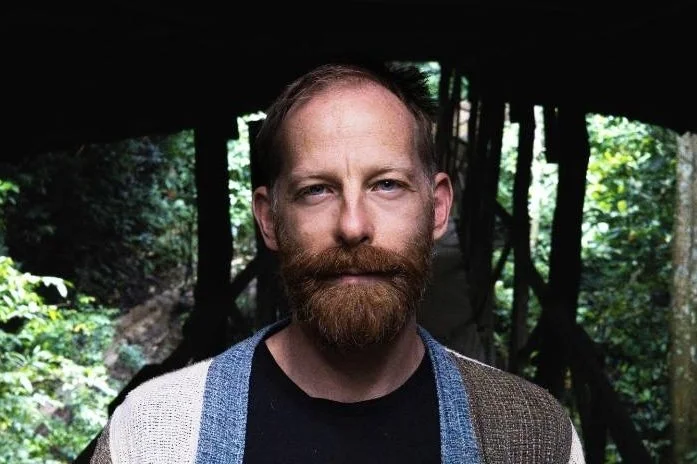
Keith Abraham
CEO
Heroic Hearts Project UKKeith Abraham is a former Parachute Regiment soldier who served in Iraq and Afghanistan before working in investment banking. Following years of living with anxiety and depression and limited benefit from conventional treatments, he turned to psychedelic therapies. His transformative experiences with ayahuasca and psilocybin shaped his advocacy for the role of plant medicines in treating PTSD, brain injuries, and mental ill-health.
-

Nige Netzband
Founder
Athletes Journey HomeNige Netzband is a BPS-accredited psychologist with expertise in psychopharmacology and experimental design, whose work bridges Western science with traditional Amazonian medicine. Since 2016, he has focused on translating Shipibo traditions into scientific understanding, particularly around ayahuasca, drawing on both research and personal experience. Trained in integrative counselling, he aims to support clients with approaches from multiple modalities, while also volunteering with harm reduction charities such as PsyCare UK and the Zendo Project.
-

Dr Hannah Thurgur
Clinical Trial Manager
Imperial College LondonDr Hannah Thurgur is a Clinical Trial Manager at Imperial College London, overseeing PsilOpioid, a trial investigating psilocybin therapy for opioid use disorder. Her research experience spans neuroinflammation, medical psychedelics, medical cannabis, addiction and Long COVID. She holds a PhD in Neuroscience from the University of Manchester. Following her PhD, she was as an Executive Officer at the British Neuroscience Association before joining Drug Science, where she spent four years as a researcher focusing on medical cannabis and psychedelics. She continues to co-host the Drug Science podcast alongside Prof David Nutt and Prof Jo Neill.
-

Dr Rayyan Zafar
Neuropsychopharmacologist and Postdoctoral Fellow
Imperial College LondonDr Rayyan Zafar PhD MRSB. Zafar is a neuropsychopharmacologist and a Wellcome postdoctoral fellow at the Centre for Psychedelic Research and Neuropsychopharmacology at Imperial College London and a senior researcher at Drug Science. His research focuses on understanding the brain mechanisms of addiction and the mechanisms of psychedelic therapy in clinical studies. Zafar is currently conducting the world’s first clinical and brain imaging study of psilocybin therapy in gambling addiction with Dr David Erritzoe, Dr Matt Wall and Prof David Nutt at Imperial. In addition to his work at Imperial College London, Zafar is a senior scientific officer at Drug Science, the lead research venture partner at psychedelic VC fund ITER investments and has acted on scientific advisory boards for companies developing therapeutics and clinical interventions in the medical psychedelic, cannabis space and the functional wellness space. Beyond his professional roles, Dr. Zafar engages with the public through media appearances and talks, sharing insights on topics related to drugs, mental health, and psychedelics. He aims to foster understanding and informed discussion within the wider community, including audiences of national and international news outlets, podcasts, and public forums. Zafar has also been nominated as a top 25 emerging leader in psychedelic science.
-

Tommaso Barba
PhD Candidate
Imperial College LondonTommaso Barba is a PhD candidate at Imperial College London’s Centre for Psychedelic Research, supervised by Dr. David Erritzoe, Prof. David Nutt, Dr. Chris Timmermann, and Dr. Kate Godfrey. With a background in neuroscience and psychoanalysis, he researches the brain effects of short-acting psychedelics such as DMT and 5-MeO-DMT, leading the first neuroimaging trials of these compounds. His work has been published in journals including The Lancet EClinical Medicine and Nature Scientific Reports and featured in outlets such as Forbes, The Times, and CNN. Awarded prizes from Imperial, ECNP, and the British Journal of Psychiatry, Tommaso also explores the role of psychedelics and MDMA in enhancing couples’ intimacy and collaborates internationally with universities and startups.
-

Dr Henrik Jungaberle
Director
MIND Foundation
CEO
OVIDDr. Henrik Jungaberle is Director of the MIND Foundation and CEO of OVID, as well as a researcher, science entrepreneur, and author in public health, psychedelics, and psychotherapy. He co-founded MIND in 2016 after nearly two decades at the Institute of Medical Psychology, University Hospital Heidelberg, and has led EU- and DFG-funded projects on salutogenesis and psychoactive substances. His work focuses on human development, drug education, and psychedelic integration, including initiatives such as Rebound, the European Prevention Curriculum, and Beyond Experience. He is also a faculty member of the APT psychedelic therapy training and a researcher in the psilocybin depression trial EPIsoDE at the Central Institute of Mental Health Mannheim and Charité Universitätsmedizin.
-

Dr Andrea Jungaberle
Co-Founder
MIND Foundation
Chief Medical Officer
OVID ClinicsDr. Andrea Jungaberle is Chief Medical Officer of OVID Clinics, co-founder of the MIND Foundation, and a clinical specialist in anaesthesia and emergency medicine with additional training in cognitive behavioral psychotherapy. A psychedelic therapist and faculty member of both APT and Beyond Experience, she also advises the MIND Board on medical and ethical issues. Her research and clinical interests focus on the therapeutic application of altered states of consciousness, integration, and end-of-life questions, and she is part of the psilocybin depression trial EPIsoDE at the Central Institute of Mental Health Mannheim and Charité Universitätsmedizin Berlin. Alongside her clinical work, she is a certified yoga teacher and has facilitated psychedelic integration workshops since 2015.
-
Sara Oke
Psychedelic Research Therapist
Imperial College LondonSara Oke (formerly Reed) is a Licensed Marriage and Family Therapist currently serving as lead Psychedelic Research Therapist at Imperial College London. In her current role, she designs and implements therapy models for psychedelic clinical trials, tailoring interventions for diverse populations. She also leads recruitment, onboarding, and training for study guides, aiming to advance best practices in psychedelic therapy. Sara teaches internationally on culturally responsible psychedelic therapy, drawing on research experience in both the USA and UK to promote safer and inclusive experiences for those most vulnerable. As a lifelong learner, she is committed to self-awareness and reflection, integrating wisdom from the medicines she works with, the lived experiences of those she serves, and diverse healing traditions.
-
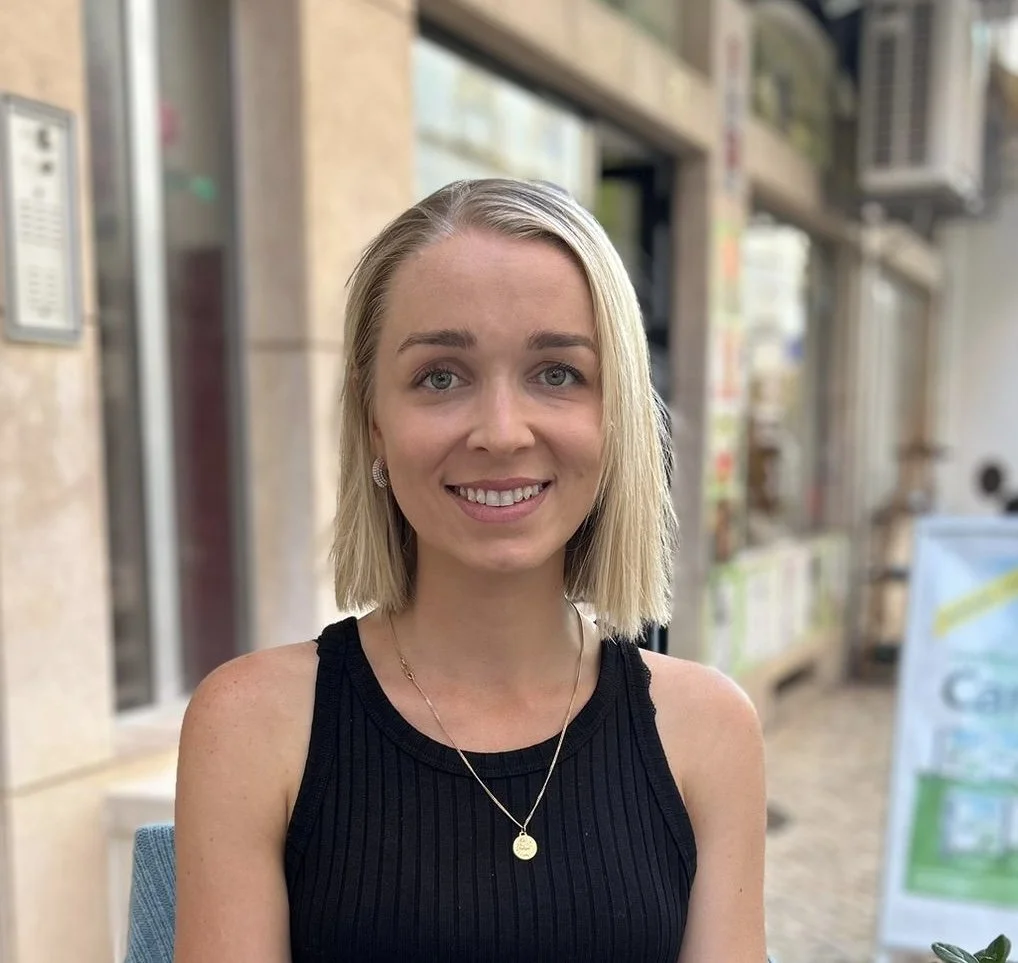
Kathryn Forcer
Medical Doctor (Core Psychiatry Trainee) and Clinical Research Fellow in Psychopharmacology
Imperial College LondonKatie is a Clinical Research Fellow in Psychopharmacology at the centre for Psychedelic Research, Imperial College London, where she works as a medic and guide on pioneering studies, including PsiloGambling. Her primary background is as an NHS medical doctor specialising in psychiatry, with clinical experience across a wide range of settings, including general and older adult psychiatric wards and outpatient departments, child and adolescent mental health services, psychiatric liaison and early intervention in psychosis services. Alongside her work in the NHS, she has completed the Depth Relational Process training with the Institute of Psychedelic Therapy, and has supported people in expanded states of consciousness in research settings, retreat settings and recently in the CIM-KeT ketamine therapy for treatment-resistant depression pilot programme. This initiative taking place at St Charles Hospital in London is a collaboration between Central and North West London NHS Foundation Trust (CNWL), Imperial and McGill University in Montreal, and is the first time this model of treatment ("The Montreal Model") has been implemented into an NHS setting. With experience that bridges conventional psychiatric practice and psychedelic therapy, Katie is particularly interested in broadening access to psychedelic treatments for mental health conditions, delivered safely, ethically and with scientific and therapeutic integrity.
-
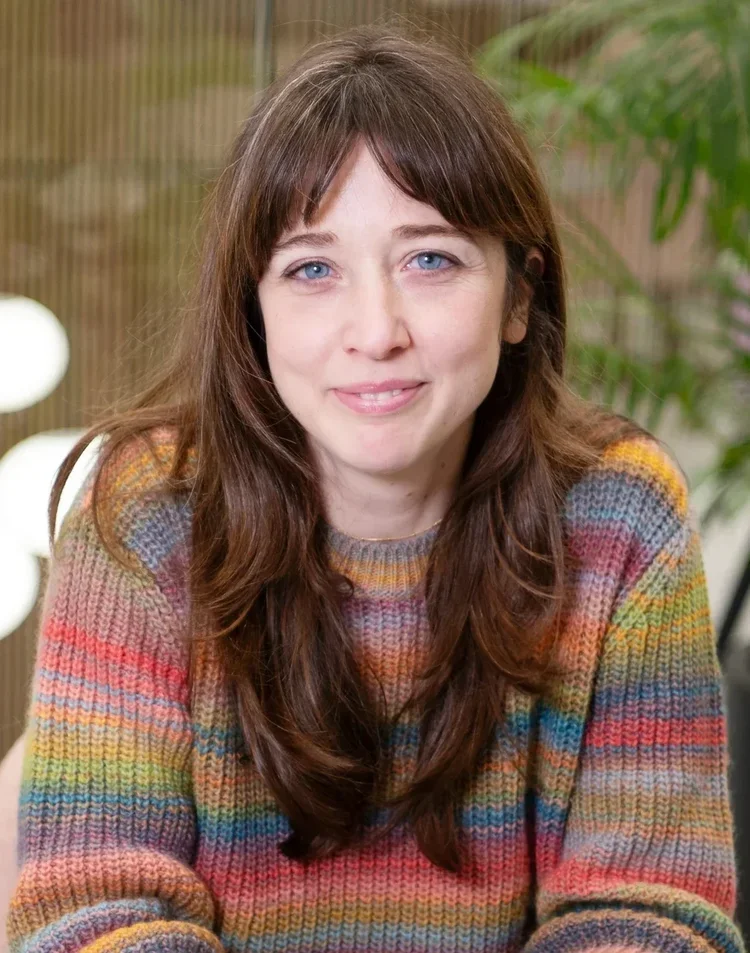
Dr Elisa Liberati
Research Fellow
University College LondonDr. Elisa Liberati is a research fellow at UCL’s Clinical Psychopharmacology Unit and a senior qualitative researcher specialising in mental healthcare. She holds a PhD in Psychology and is a Chartered Psychologist (CPsychol) and qualified integrative therapist (MBACP) trained at The Minster Centre. Elisa is working on a largely qualitative exploration of MDMA's therapeutic mechanisms of action from a psychoanalytic perspective. Before joining UCL, Elisa spent eight years as a postdoctoral researcher at the University of Cambridge, where she led studies on mental healthcare and maternity services in the NHS.
-

Patrick Cox
Patrick Cox is a former celebrity shoe designer and current psychedelic facilitator and creative in Ibiza. After losing his company, battling depression, and experiencing a breakdown, he underwent a transformative journey through psychedelic therapy involving 5-MeO-DMT. That experience profoundly reshaped his life, inspiring him to hold space for others, guiding psychedelic sessions, and eventually launching the entheogenic apparel label Doors of Perception.
-
Joanna Vamvakopoulou
PhD student in Neuropsychopharmacology
Imperial College LondonJoanna Vamvakopoulou is a third-year PhD student and artist from Greece. She is based in the Division of Psychiatry at Imperial College London, where she is supervised by Dr Martina Di Simplicio and Prof David Nutt. Her project focuses on a low dose of psilocybin and investigates the effects of a psycholytic-augmented mental imagery-based intervention for young people who self-harm. She holds a BSc degree in Neuroscience from the University of Bristol and an MSc degree in Translational Neuroscience from Imperial College London. She works at the intersection of addiction (opioids, cannabis, and alcohol) and self-harm clinical research. Joanna is a passionate mental health and drug harm reduction advocate. She has been an active volunteer for the Student Drug Science Network since 2019, helping organise events and talks regarding the application of mind-altering substances in the treatment of psychiatric disorders and drug policies. Her advocacy spans from academic to public engagement, through conferences, public talks, podcasts, volunteering, and art exhibitions across the United Kingdom and Greece. Since 2023, Joanna has also been one of the founding members and a scientific advisor for the Greek Psychedelic Society, whose mission is the dissemination of scientific information, education, and community building in Greece.
-
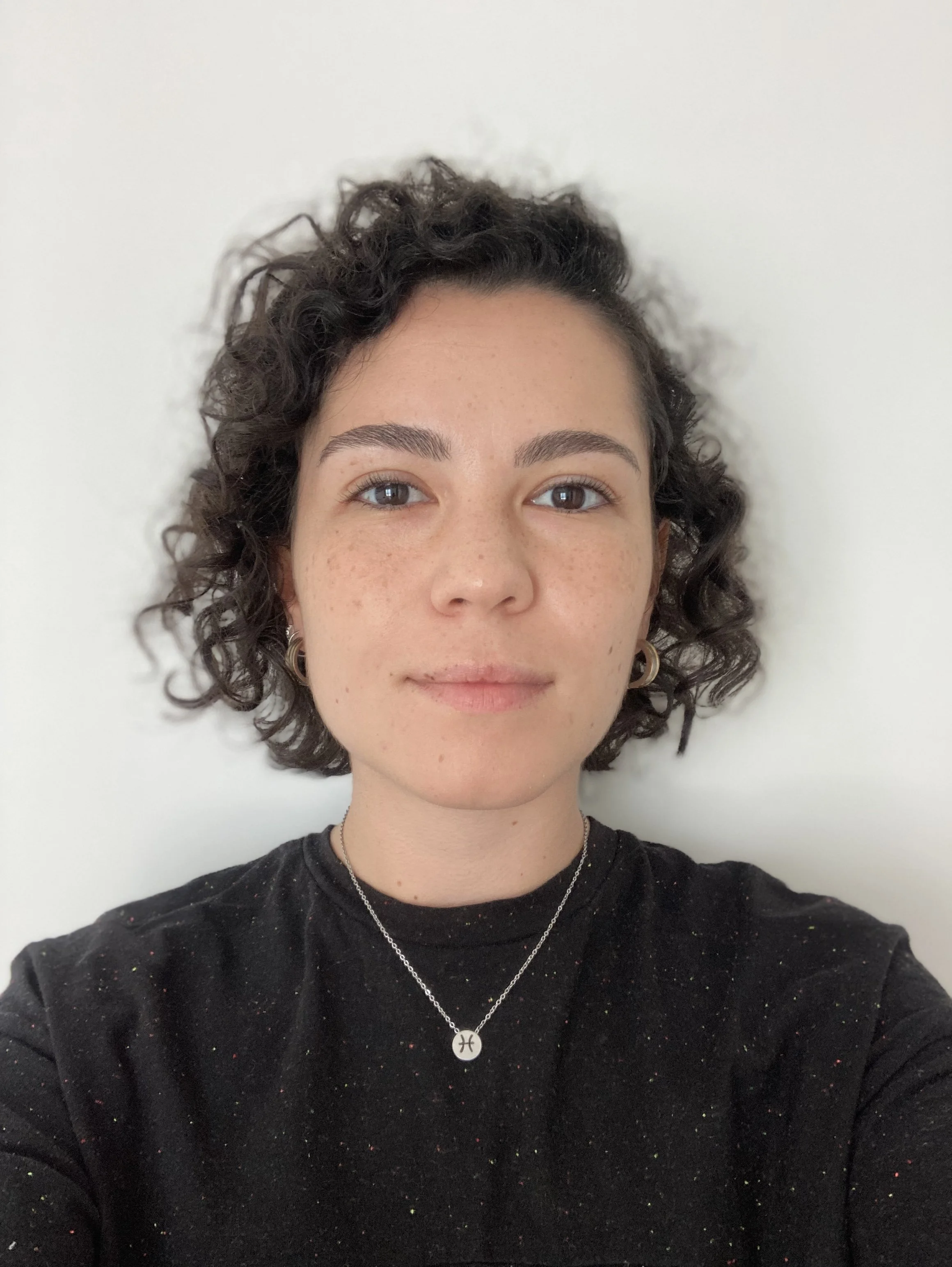
FRANCISCA SILVA
Project Officer
PAREAA neuroscientist by training, Francisca now serves as Project Officer at PAREA (Psychedelic Access and Research European Alliance), where she works to advance psychedelic research and access across Europe. Before joining PAREA, Francisca worked on psychedelics-related initiatives at the European Medicines Agency, including the landmark 2024 Multi-Stakeholder Workshop on Psychedelics and related outputs, and the review of psychedelics trials in depression from a European regulatory lens. Her academic journey spans a dual MSc in Brain and Mind Sciences (UCL & Sorbonne Université) and a BSc from Maastricht Science Programme, with expertise in molecular biology, neuropsychopharmacology, clinical neurology, and neuropsychiatry. She is passionate about effective science communication and bridging the gap between research and patient care.
-
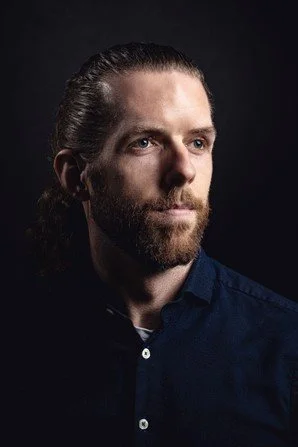
Stephan Tap
PhD candidate and Clinical Trial Manager
University Medical Center GroningenStephan Tap is a PhD student at the University Center of Psychiatry within the University Medical Centre of Groningen. He is the Clinical Trial Manager of PsyPal, a multi-site randomized clinical trial investigating the safety and efficacy of psilocybin for treating psychological distress in palliative care patients. Stephan has a background in clinical neuropsychology (MSc) and applied psychology (BSc) with a particular interest in the various therapeutic working mechanisms of classic psychedelics from both a neurobiological and psychological perspective.
-
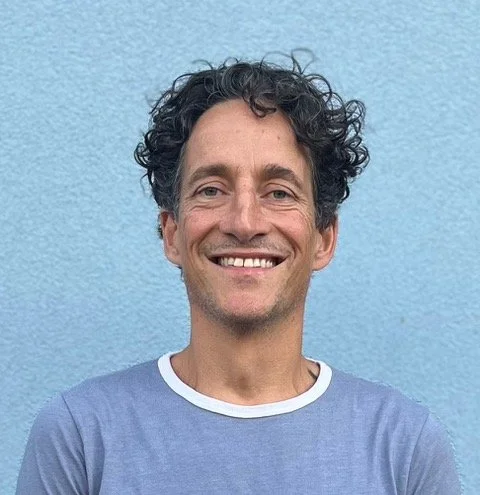
SAM BLOOMFIELD
Managing Director
PsyEduSam is managing Director of PsyEdu and lead on Ethics and Safety. He is also an experienced lead retreat facilitator, psychedelic preparation and integration practitioner. A Creative Arts Psychotherapist, Clinical Supervisor, he is also founding director of Natural Genius, providing psychotherapists and supervisors to schools and care homes. Sam is an experienced teacher and facilitator, qualified in adult education, he promotes mind-body health through relationship, creativity and nature connection. Sam loves to explore depth of therapeutic connection, self-awareness and creativity. He has been teaching, working in therapeutic education and holistic wellbeing for over 30 years. A published poet and dance facilitator, he brings mind and body together to explore the nature of reality and consciousness. In his spare time he loves being with his five children and wild swimming whatever the weather.
-
Patrick Kleine
PhD Student
Imperial College LondonPatrick is a PhD Student in the Centre for Psychedelic Research, Imperial College London. With a background in neuroscience, his research focuses on the application of neuroimaging modalities such as EEG to investigate the neural mechanisms of psychedelics in healthy and clinical populations. A major component of his work focuses on addiction, aiming to understand its neurobiological processes, explore how psychedelic interventions could be used for individuals with addiction, and investigate how neuroimaging measures can guide and inform treatment.
-

Dr Rosalind McAlpine
Postdoctoral Research Associate
University College LondonRosalind completed her BA in Experimental Psychology at Oxford University, followed by an MRes in Developmental Neuroscience at UCL/Yale. She recently completed her PhD in Mental Health Science at UCL, where her research focuses on the neural and subjective effects of various psychedelic substances (5-MeO-DMT, psilocybin) in both research and retreat settings. Her particular interest lies in "psychedelic preparedness" and the intersection between psychedelic science and contemplative practice.
-

Dr Liliana Galindo
Consultant Psychiatrist and Aff Assistant Professor
CPFT NHS Trust/University of Cambridge. Cambridge Psychedelic Research GroupLiliana Galindo, MD, PhD is an Affiliated Assistant Professor of Psychiatry at the University of Cambridge and a Consultant Psychiatrist, Medical Leader in psychosis at the Cambridgeshire and Peterborough NHS Foundation Trust (CPFT). Over the past decade, her research has focused on understanding and integrating altered mental states, with a particular interest in early early psychosis, psychedelic-assisted therapy, and the neurobiological and clinical effects of psychoactive substances.
Lili’s work explores how these substances influence perception, cognition, and emotional regulation, examining both their therapeutic potential and their role in the development of psychopathology.
Lili is the founder and principal investigator of the Cambridge Psychedelics Research Group, a multidisciplinary team dedicated to advancing scientific knowledge on psychedelic-assisted therapy for mental health conditions. The group’s work spans clinical trials, mechanistic studies, and translational research, with the goal of developing safe and effective interventions for individuals with complex psychiatric conditions -
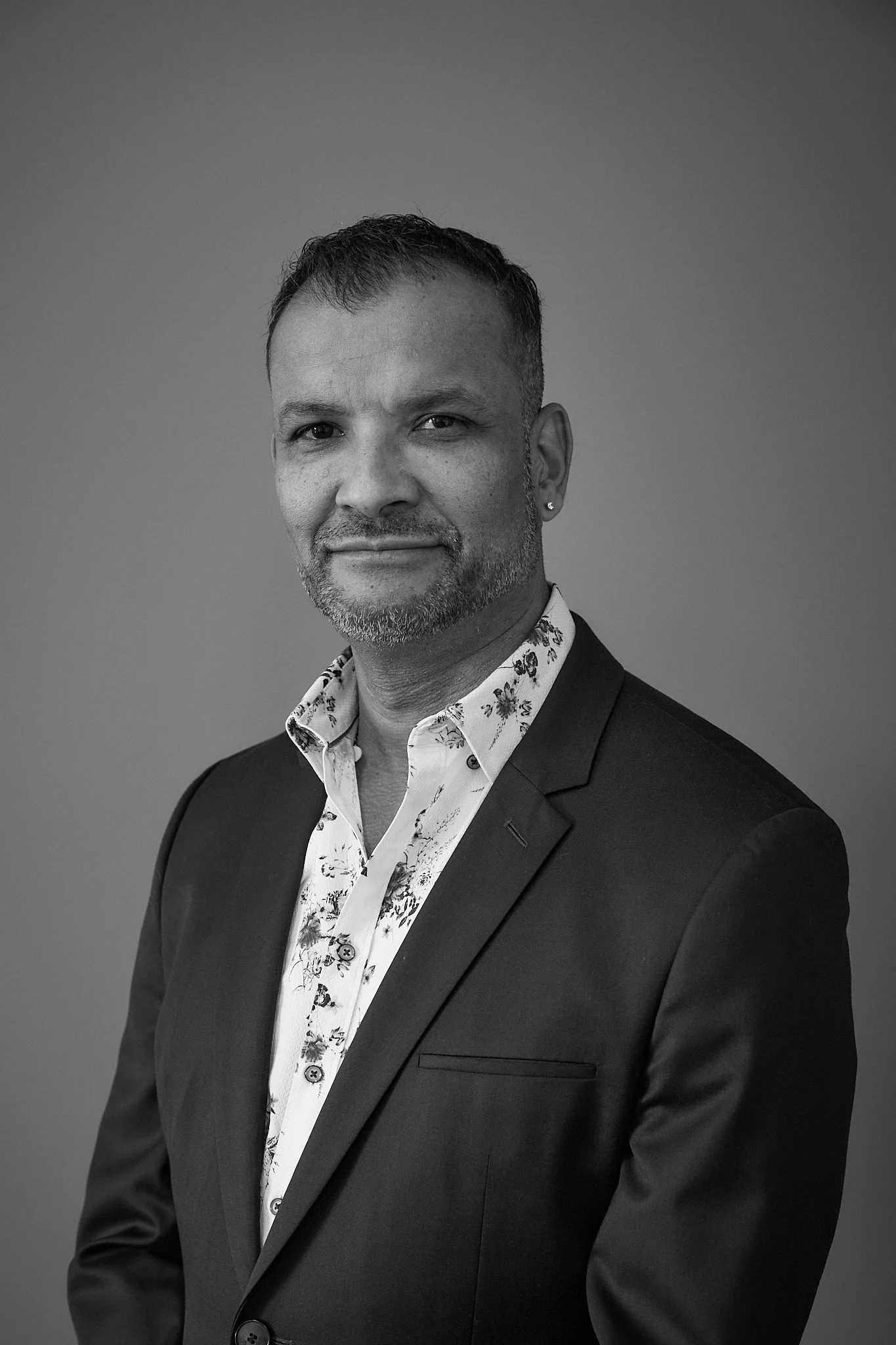
Ranil Gunewardene
Professor & Director
Evolution METProfessor Ranil Gunewardene set up and has been the Director of Mental Health Services at Northern Beaches Hospital, Sydney Australia since its inception in 2018. He has led the growth and maturation of the Service since. He is a founder and director of the Mindlife Clinic Frenchs Forest, and Mindcafe Education Services. Dr Ranil established and has led New South Wales’ first psychedelic assisted therapy and research service Evolution MET in Sydney since 2023; and is the state’s first TGA Authorised Prescriber of Psychedelic Therapy He was previously the Clinical Director of Mental Health at Mosman Private Hospital and the Hornsby KRG Mental Health Services for approxiately 15 years. Dr Ranil as he is more commonly known, has unique extensive clinical and leadership experience in both the public and private sectors of mental health, having worked in the Northern Sydney Local Health District since the year 2000. Dr Ranil has presented at numerous teaching sessions and conferences and is an engaging presenter. He is an expert in mood, trauma, anxiety and psychotic disorders amongst other areas of mental health. He is an Australian and global leader in the provision of innovative psychedelic therapies for trauma and treatment resistant conditions. Dr Ranil has a passion for delivering excellence in mental health service provision and patient care. He is also passionate about teaching and knowledge sharing in psychiatry; for mental health clinicians, consumers and for members of the general public.
-
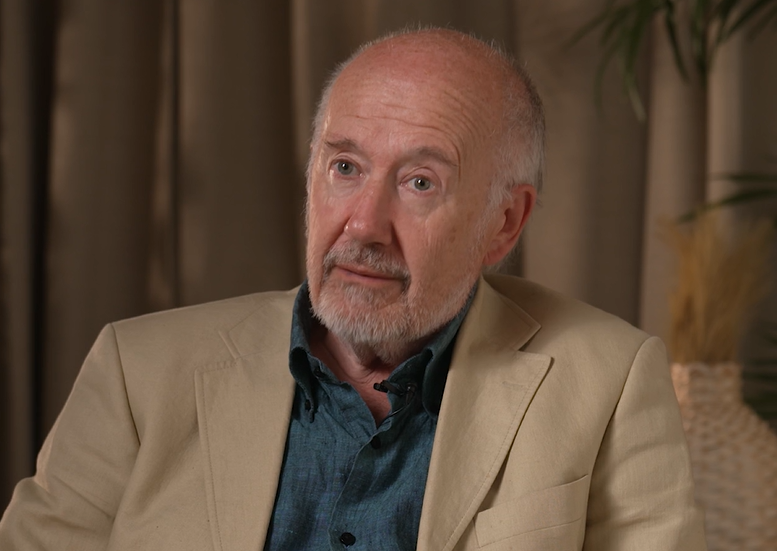
Dr. Guy Goodwin
Chief Medical Officer
Compass PathwaysGuy Goodwin, FMedSci is Chief Medical Officer, Compass pathways. He is Emeritus Professor of Psychiatry at the University of Oxford, Oxford, UK. He completed his medical degree and DPhil in neurophysiology at the University of Oxford and, following training in psychiatry, became a Clinical Scientist and Consultant Psychiatrist at the MRC Brain Metabolism Unit at the Royal Edinburgh Hospital, Edinburgh, UK.
His research interests have been in the treatment of bipolar disorder and the application of neuroscience in understanding the neurobiology of mood disorders, with a focus on developing new treatments. His current interest is the potential to transform treatment using new technology and new drugs, notably the psychedelics.
He is a Fellow of the American College of Neuropsychopharmacology, and has previously held the position of President of the British Association for Psychopharmacology and president of the European College of Neuropsychopharmacology (ECNP). He is Emeritus Senior Investigator on the faculty of UK National Institute for Health Research (NIHR). -

Paul Bezodis
Clinical Research Consultant
Ceruvia LifesciencesPaul is a seasoned freelance clinical research professional bringing over 25 years of global experience across all phases of human trials. He has contributed to top-tier pharmaceutical companies, pioneering biotech firms, and both large-scale and boutique Contract Research Organizations.
He led the team and the European program at MAPS Europe B.V. for almost 5 years, overseeing the completion of the first ever European phase 2 trial for MDMA-assisted therapy (MDMA‑AT) for post-traumatic stress disorder (PTSD).
Since the start of 2025 Paul has been the Fractional COO for philanthropist Carey Turnbull's companies Ceruvia Lifesciences LLC and B More Inc.
Ceruvia's main focus is the development of 2-bromo-LSD (maybe the first non-hallucinogenic psychedelic analogue) for headache disorders and other indications. Ceruvia is also overseeing the production of cGMP LSD to facilitate the continuation of academic research.
B More Inc's current focus is to provide cGMP psilocybin to academic institutions for research into several indications in Investigator Initiated Trials (IITs). -

Satya
Consciousness Activist
Working With SatyaSatya is a consciousness activist who has dedicated the last 17 years to the expansion and evolution of human consciousness. During this time, she has guided transformational processes for over 63,900 people worldwide.
She is the founder of Working With Satya and the Awareness Facilitator School, where she developed an integrative approach combining modern therapeutic techniques with ancient wisdom, bridging science, and spirituality.
Throughout her journey, Satya traveled extensively, not only receiving teachings and blessings, but also living and organising the work of renowned shamans, including José Campos (Peruvian Shaman), Carmen Vicente (Ecuadorian Shaman), and Don Toño (Huichol Shaman). She works with natural psychedelics in the Peruvian Amazon Jungle to support the needs and intentions of those seeking her guidance.
Currently, she is launching the Sacred Life Forest Project, starting with a natural reserve in Peru as a center for healing and planetary regeneration.
Satya is committed to advancing human consciousness, believing it to be the key to developing a new global society focused on collective well-being. -
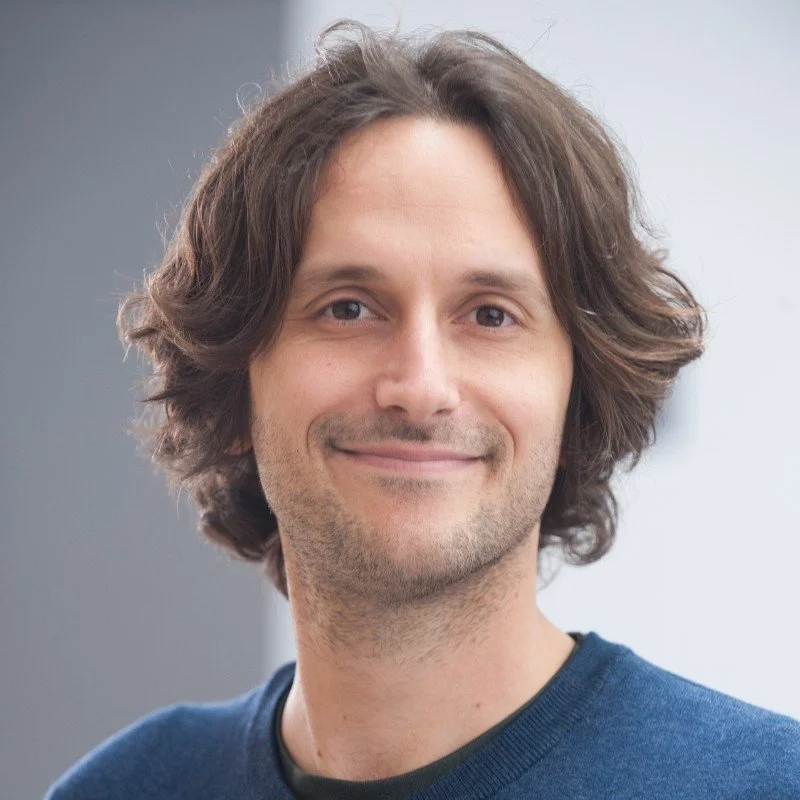
Dr Liam Modlin
Director, Clinical Care Research & Training for PTSD
Compass PathwaysLiam is a clinician and researcher specialising in trauma and complex mental health. At Compass Pathways, he serves as Director of Clinical Care Research & Training for PTSD, where he shapes provider training and contributes to research and service models aimed at setting future standards in the field. In this role, he integrates research, training, and applied clinical knowledge to design and implement trauma-informed approaches to participant support in psilocybin clinical trials, improving participant safety and care quality.
In previous roles at King’s College London (IoPPN), he worked as a research therapist, investigator, and lecturer on psychedelic clinical trials, leading training, supervision, and care-model development. His PhD work and publications focus on trauma, participant experience, and translational aspects of psychedelic research. Outside of research roles, he co-founded the Maudsley Psychedelic Society Harm Reduction “Integration” Group and maintains a small private practice in London. -
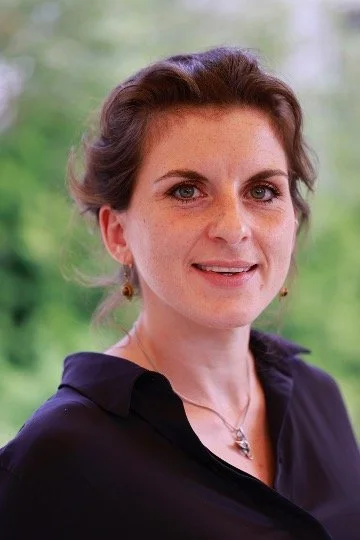
Helena Aicher
Researcher & Psychotherapist
Universities of Basel & Zurich, Swiss Medical Society for Psychedelic Therapy (SÄPT)Helena is a psychotherapist and researcher specializing in psychedelic-assisted therapy (PAT). Affiliated with the Universities of Basel and Zurich, she investigates psychedelic effects and contextual influences. She is also involved in the training of PAT therapists (with SÄPT and others) and advises organizations in the field, working at the intersection of research and clinical application to support the responsible development and implementation of psychedelic therapy.
-

Anne Philippi
Founder
The New Health Institute & The New Health ClubAfter 15 years in high-profile journalism covering Hollywood and tech for GQ, VOGUE, and VANITY FAIR, Anne Philippi had a transformative experience with psychedelics. In 2020, she founded "The New Health Club Podcast," the first lifestyle-inspired psychedelic podcast, supported by leaders like Dr. Bronner’s and Christian Angermayer. The show connected her with top experts and expanded her network and became the first lifestyle podcast in in the psychedelic field. She speaks at conferences such as Horizons and Psychedelic Science, advocating for de-stigmatizing psychedelic medicine. In 2025, she launched The New Health Institute, a US-based nonprofit dedicated to redefining cultural narratives around psychedelics and increasing visibility and access amid social stigma and shadow bans. She remains deeply involved in the global psychedelic ecosystem and creating content beyond the industry.
-
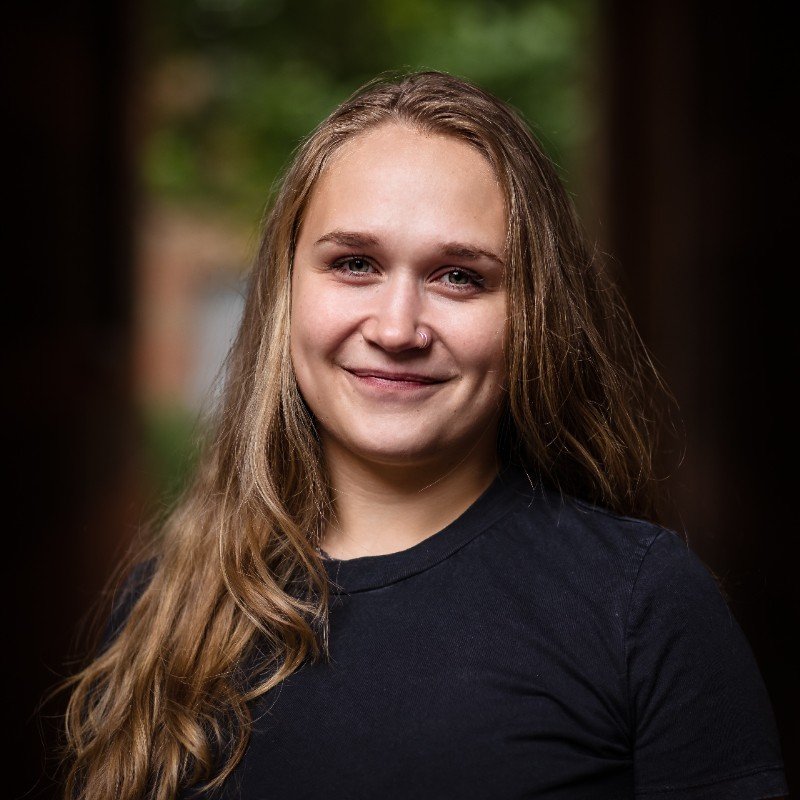
Ursule Taujanskaite
PhD Candidate
Clinical Psychopharmacology Unit, UCLUrsule completed her BA in Psychological and Behavioural Sciences and MPhil in Basic and Translational Neuroscience at the University of Cambridge, and is currently a PhD candidate at UCL’s Clinical Psychopharmacology Unit, supervised by Prof Sunjeev Kamboj and Dr Vaughan Bell. Her research centres on characterising the subjective and neurophysiological effects of nitrous oxide in healthy human volunteers. She aims to delineate the neural mechanisms underlying nitrous oxide’s actions and to evaluate its potential therapeutic applications by employing a combination of experimental psychology and neuroimaging approaches.
-

Claudio Agnorelli
Postdoctoral Researcher
Imperial College LondonAs an Associate Researcher at the Centre for Psychedelic Research at Imperial College London, my research focuses on the neuropsychopharmacology of psychedelic substances and their mechanisms of action in treating mood disorders. I employ multimodal neuroimaging techniques to investigate altered states of consciousness and neurophysiological effects induced by both classical and atypical psychedelics in clinical populations and healthy subjects.
My academic journey began at the University of Siena, where I earned my Bachelor's degree in Biological Sciences with a thesis examining the composition of extrafloral nectar and its psychoactive effects on pollinating insects. I subsequently pursued graduate studies in the Netherlands, obtaining a Master's degree in Cognitive and Behavioural Neuroscience from the University of Groningen. As part of my master's program, I conducted research in Lyon, France, investigating the neural mechanisms underlying REM sleep. I completed my PhD in Neuropsychopharmacology at the University of Siena, where I conducted extensive neuroimaging studies on the neuroplastic and antidepressant effects of ketamine. Through electroencephalographic analysis of patients with bipolar depressive disorder, my research identified distinct neural response profiles distinguishing rapid versus delayed responders to ketamine treatment. Additionally, I investigated the neuroplastic effects of both ketamine and DMT using multimodal neuroimaging approaches (PET/MRI/EEG) in healthy participants.
My current research endeavours to translate fundamental insights into the neuroplastic properties of psychedelics into concrete therapeutic applications, with particular emphasis on behavioural modifications and learning processes that enhance wellbeing and mental health outcomes. -
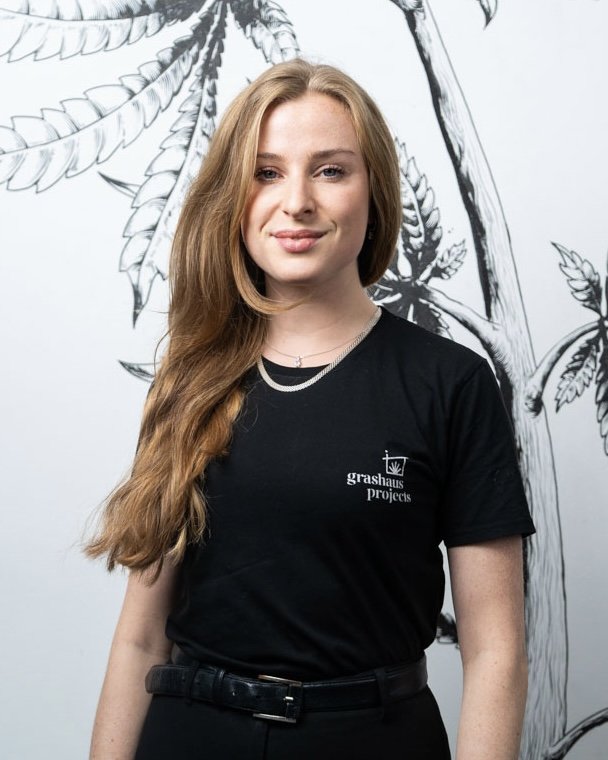
Adele Hollmann
Senior Scientific Affairs Manager
Grashaus ProjectsAdele Hollmann is a Senior Scientific Affairs Manager at Sanity Group as well as a cannabis scientist, sommelier, and educator dedicated to building bridges between science, policy, and society.
As part of the Grashaus Projects team, Adele co-initiated one of Switzerland’s pioneering adult-use cannabis pilot studies, which includes the first legally operating cannabis dispensary in Switzerland — and in Europe. Her work focuses on developing evidence-based models for safe access, high-quality products, and trained personnel, setting new standards for responsible regulation.
In Germany, Adele is deeply involved in shaping the next generation of cannabis pilot projects, leading the application process in several major cities and collaborating closely with researchers, policymakers, and regulatory bodies. Her efforts aim to produce real-world data that can inform policy decisions and contribute to the development of more effective and compassionate drug policies.
Alongside her work in cannabis, Adele follows developments in psychedelic science and coordinates the uniMind Journal Club in Berlin. -
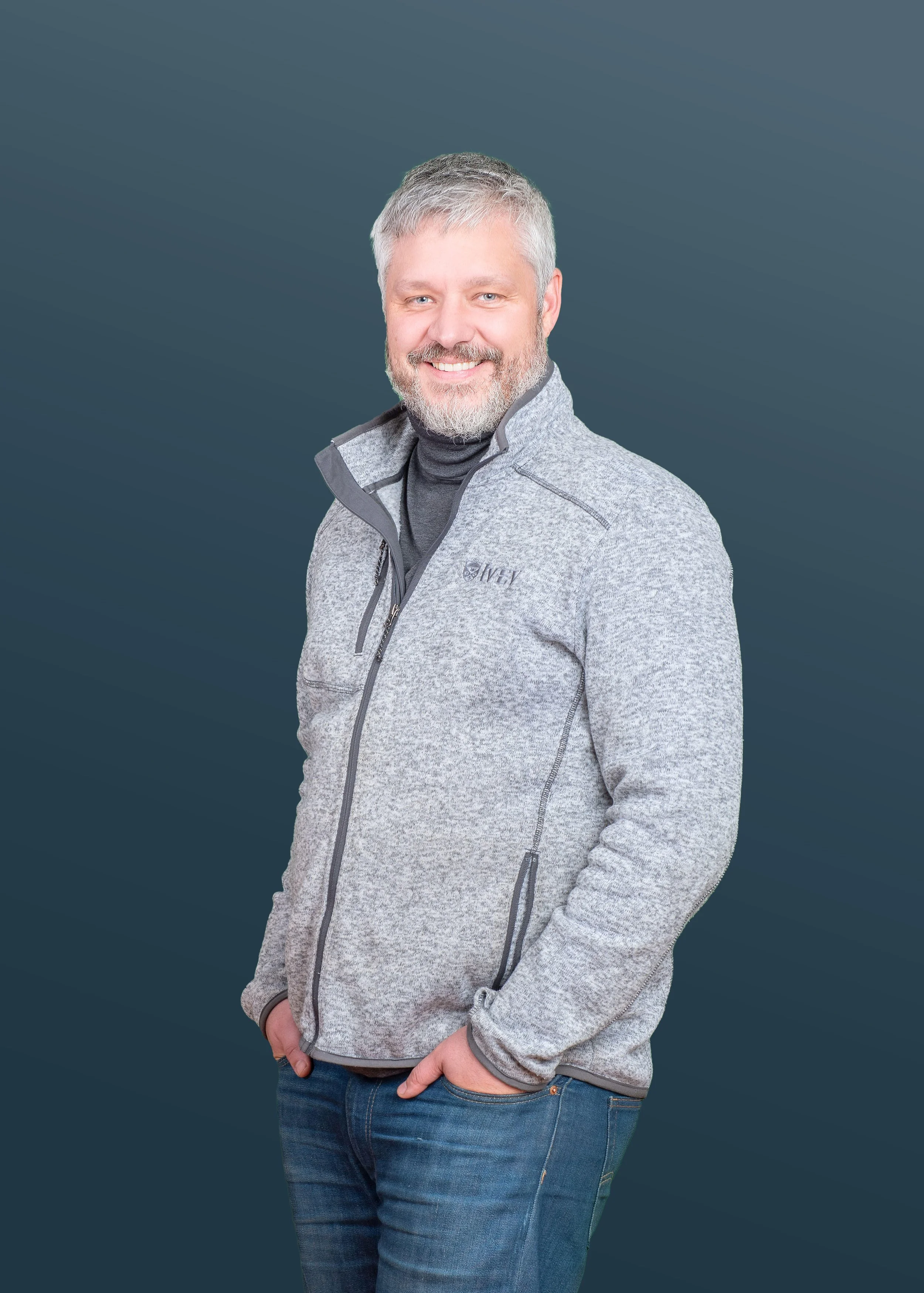
Jonathan Dickinson
CEO & Co-Founder
Ambio Life SciencesJonathan Dickinson is the Chief Executive Officer and Co-Founder of Ambio Life Sciences. One of the world’s leading experts on ibogaine, Jonathan brings over 15 years of experience in clinical care, traditional practice, and psychedelic research to his leadership at Ambio. A Mexico-licensed psychologist and former Executive Director of the Global Ibogaine Therapy Alliance, he authored the field’s foundational safety guidelines and has published widely on ibogaine’s therapeutic, cultural, and ecological significance. He holds the only active export license for Tabernanthe iboga root, led the first Nagoya-compliant export from Gabon, and was initiated into the Dissoumba/Fang tradition of Bwiti in 2014 and the Missoko tradition in 2022. He has co-authored peer-reviewed research on ibogaine’s potential for trauma, TBI, pain, MS, and Parkinson’s. At Ambio, he leads strategy, research, and innovation – advancing a globally scalable model of care that bridges tradition, science, and integrity.
-
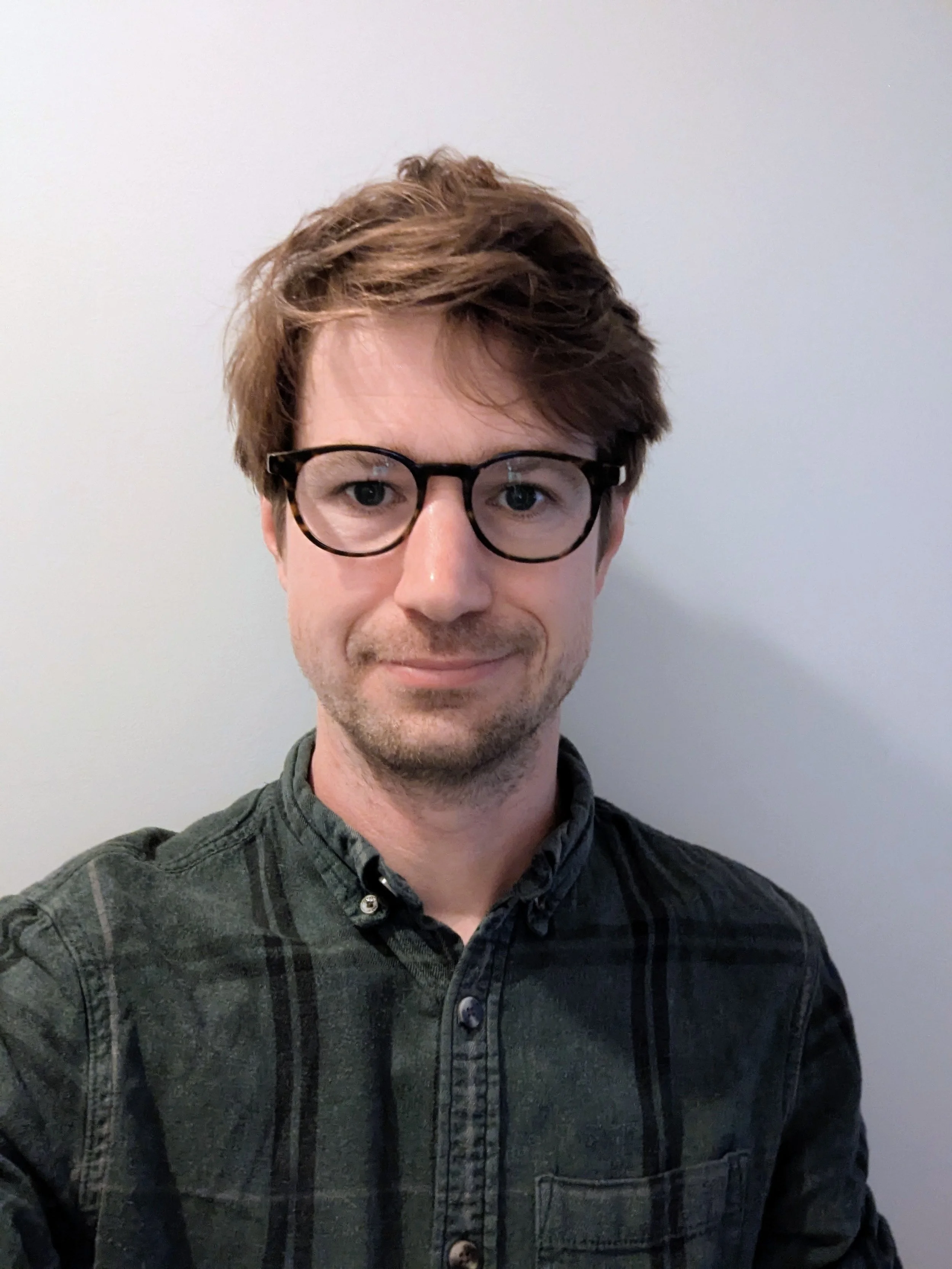
Daniel Titheradge
NIHR Academic Clinical Lecturer
University of BristolDr Daniel Titheradge is an addictions psychiatrist and NIHR Academic Clinical Lecturer at the University of Bristol. His current research interest is the development of novel treatments for alcohol use disorder including neuromodulation approaches, psychedelics and GLP1 agonists.
Dr Titheradge previously held an Medical Research Council (MRC) Addictions Research Clinical (MARC) Fellowship during which he completed an MScR and PhD. His MScR thesis used computational approaches including Dynamic Causal Modelling (DCM) to explore the neurophysiological basis of psychedelics using pre-clinical data from rats. His PhD used a combination of epidemiological and pre-clinical approaches to understand the links between early life adversity, adolescent drinking and alcohol use in adulthood.
During the MARC fellowship he supervised MScR student Isabel Faulkner in testing the behavioural and electrophysiological effects of psychedelics on alcohol consumption and preference in rats. He has previously worked on the Bristol Imperial MDMA for Alcoholism (BIMA) study and published on a broad range of psychiatric research.
Clinically Dr Titheradge works as an ST6 psychiatrist in the South West Gambling Service and has worked in a variety of specialist substance misuse services. -
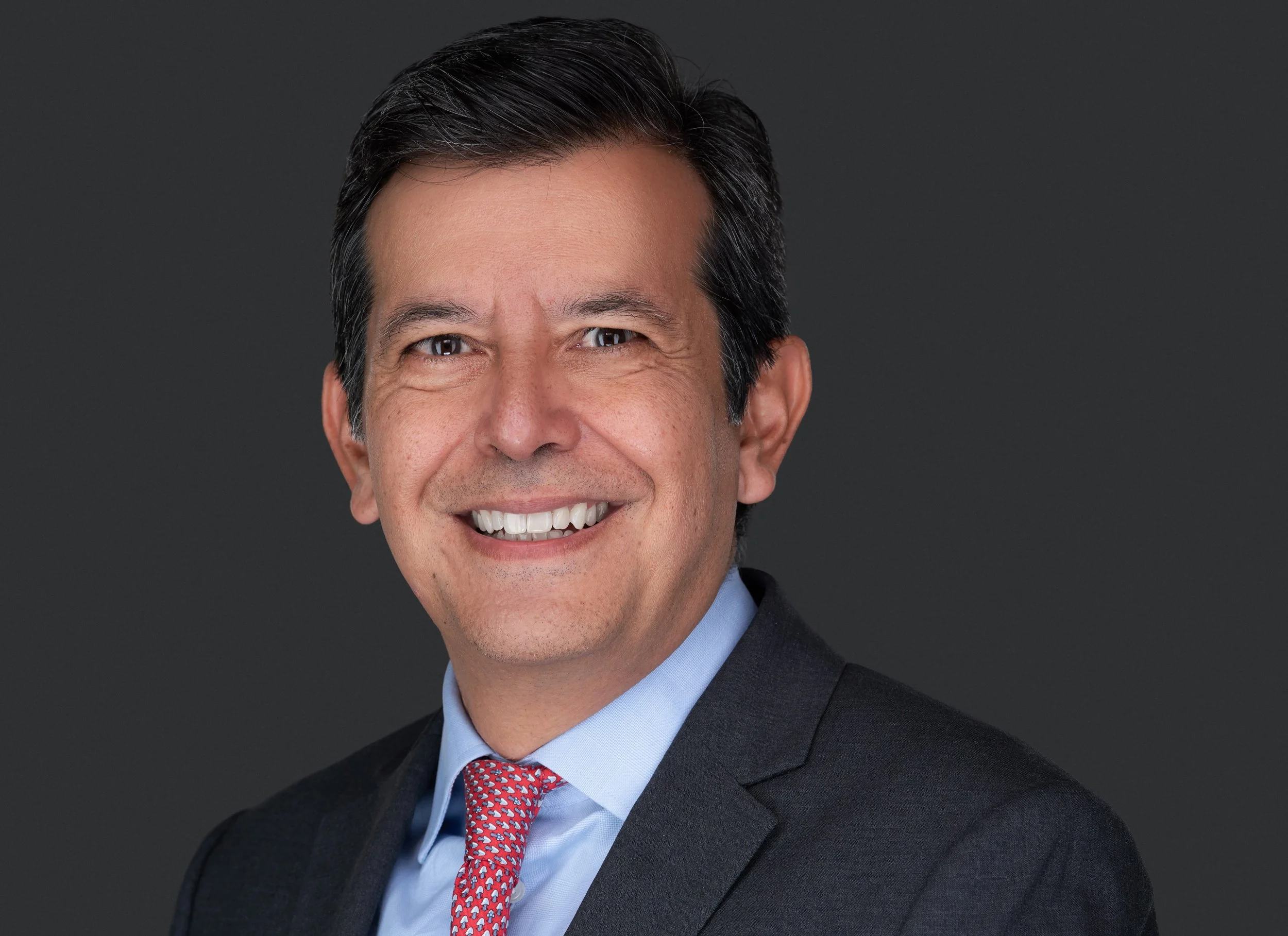
Robert Velarde
Managing Partner
Iter InvestmentsRobert Velarde is Co-Founder and Managing Principal of Iter Investments, one of the top venture capital funds in the psychedelics industry. Robert is a seasoned private markets investor with over 25 years of global private equity and venture capital investment experience in a broad range of industries in the US, Latin America, Europe, and Asia. Robert has proven experience building and managing private markets investment platforms as a senior leader in institutional, family office and impact investment firms. Roberto is a highly experienced board member of portfolio companies in a wide range of industries, and has significant M&A, strategic partnership, and public and private equity and debt financing transactions. He is also an experienced investment committee member of global, regional and country-specific private equity, venture capital, and private debt funds. He earned his BA in Economics at Northwestern University and his MBA at Harvard University.
-
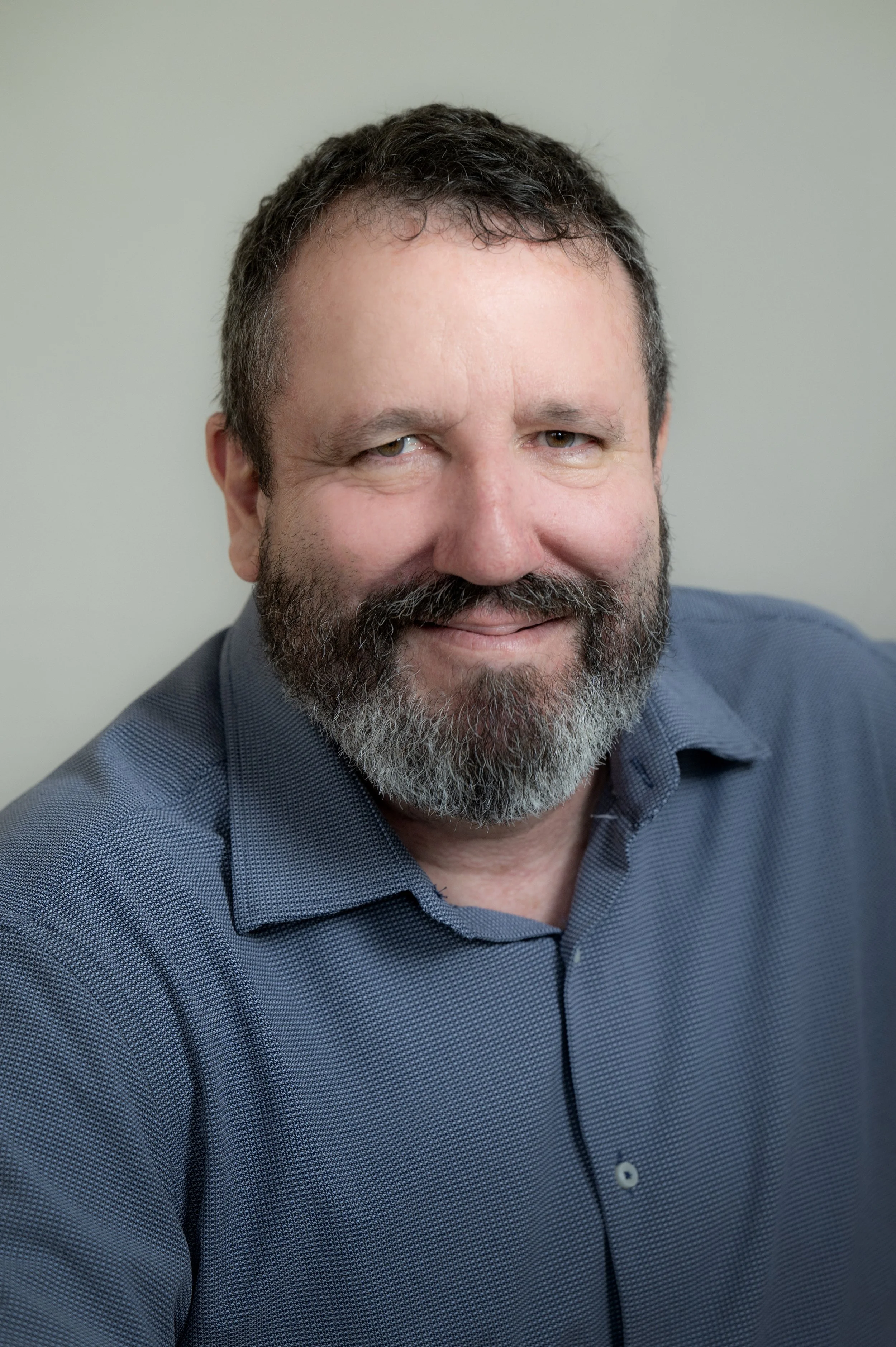
Michael Lynskey
Researcher
Drug ScienceMichael is an epidemiologist who trained in New Zealand, where he's from, and has held academic positions in Australia, the United States and the United Kingdom. He currently works with Drug Science analysing data from Project T21, a real world data registry of people seeking treatment with medicinal cannabis. He has also worked on a number of other real world data sets including birth and mortality registries, GIS data, US insurance claims and UK Hospital Episode Statistics.
-
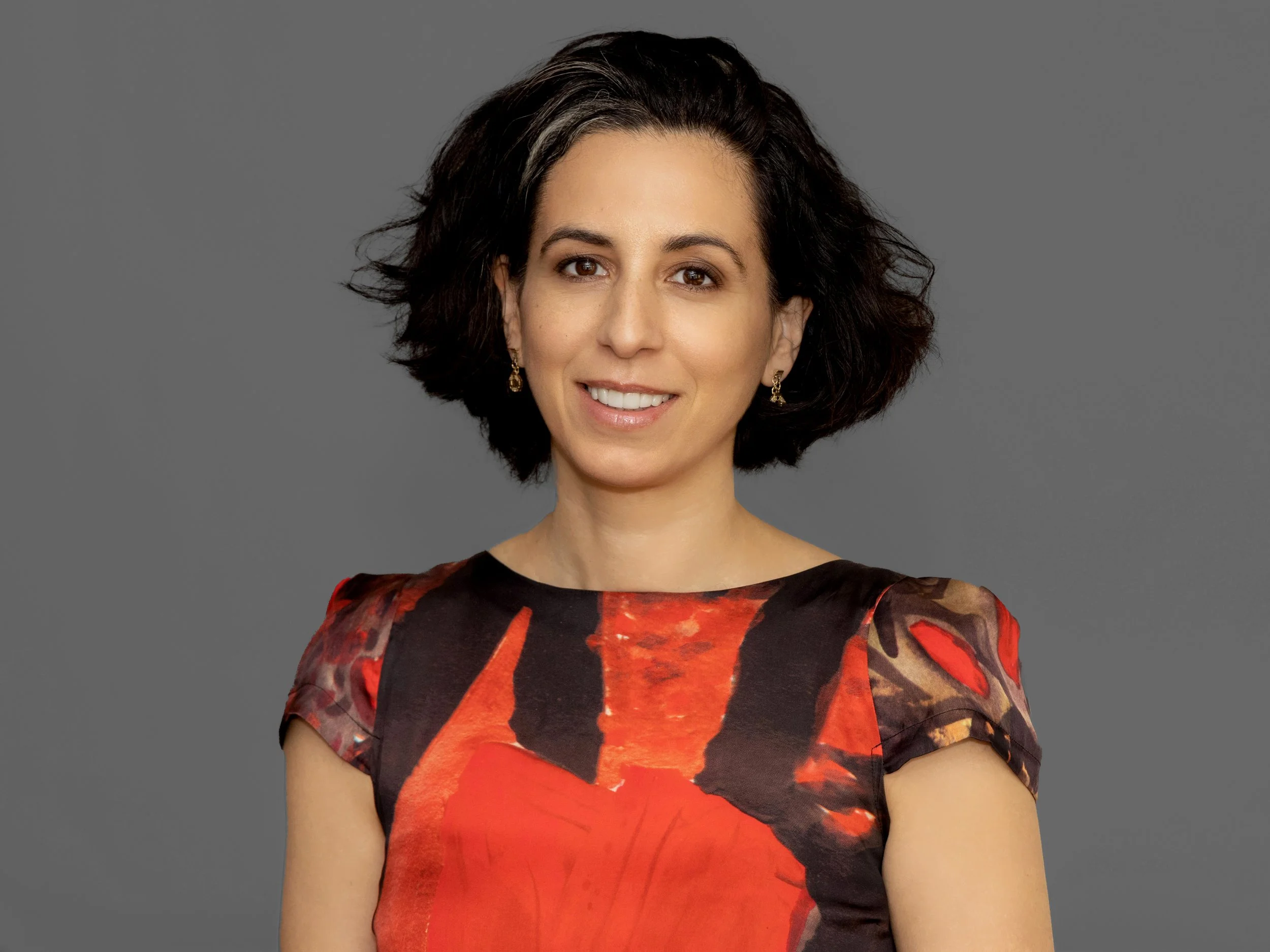
Ariadna Peretz
Managing Director
FTI ConsultingAriadna is a communications specialist with 15 years of experience in investor relations, financial communications and content creation. She has worked with a variety of publicly listed and privately held cannabis companies, helping them articulate their investment proposition and engage with key audiences (including the capital markets, financial media, business partners and staff).
Ariadna has a Bachelor of Arts in Political Science from the University of British Columbia and an MBA from Chinese University of Hong Kong. -

Sarah Tilley
Founder & CEO
Beautiful SpaceSarah Tilley is lead therapist, founder and CEO of Beautiful Space a Netherlands based psychedelic wellness provider offering retreats, 121 therapy, training and education on psychedelic science, relationships and sexual wellbeing globally. Beautiful Space is currently in research collaboration with Imperial College London on the first pilot study on psilocybin, couples and relationship wellbeing
Sarah brings 22 years experience in integrative holistic wellness, to the psychedelic field, she is the creator of the Beautiful Space Method, a pioneering method of psilocybin assisted relational therapy for couples.
Sarah will be joined by Tommaso Barba PhD candidate at Imperial College London, who is currently researching three interconnected pillars on self and interconnectedness at the Centre for Psychedelic Research. He will share preliminary results and his pioneering research in this field of relational science. -
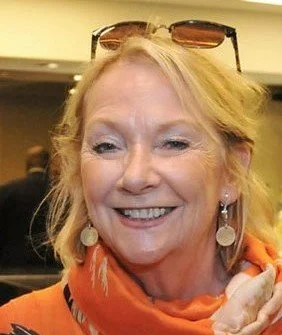
Val Curran
Prof. Emeritus of Psychopharmacology
University College London (UCL)Val Curran is Emeritus Professor of Psychopharmacology at University College London (UCL). Her research focuses on the short and long-term effects of psychoactive drugs on mental health, cognition and the brain. It spans drugs used in medical treatments, drugs used recreationally and several drugs (e.g. cannabinoids, ketamine, opiates) used in both contexts. Currently she is running a project exploring whether adolescents differ in their response to THC and CBD in cannabis, both acutely in a lab study and chronically in a longitudinal study spanning 15 months. Her interest in MDMA’s psychological impact stems back to 1997 when she published a study of recreational users whose mood lowered 3-4 days following acute use of the drug. She is also researching potential medical uses of cannabinoids, including leading an RCT on how CBD combined with psychological therapy can enhance the treatment of cannabis use disorder.
-
William Muecke
Co-Founder & CIO
Artemis Growth PartnersWill Muecke is a co-founding managing member of Artemis Growth Partners, an ESG and impact-oriented private equity platform dedicated to investing in emergent medicines, including cannabis and psychedelics, on a worldwide basis.
Artemis Growth Partners oversees US $350+ million in mission-driven discretionary assets under management (AUM) invested in the emergent medicines value chain, including branded products, distributors, value-added service providers, ancillary operators, and science-driven research and development platforms. -
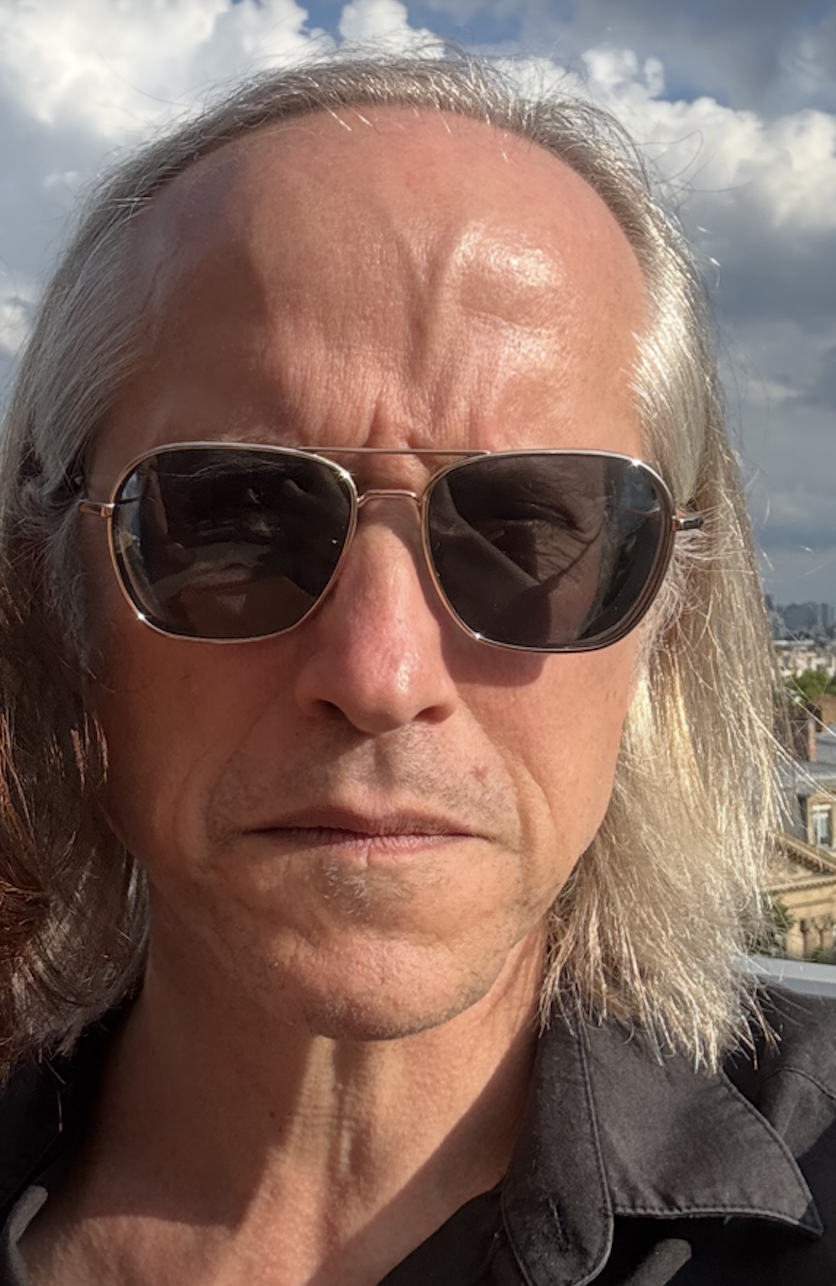
Justin Smith-Ruiu
Professor of Philosophy
University of ParisJustin Smith-Ruiu is professor of history and philosophy of science at the University of Paris. He is the author of On Drugs: Psychedelics, Philosophy, and the Nature of Reality. He is the founding editor of The Hinternet.
-
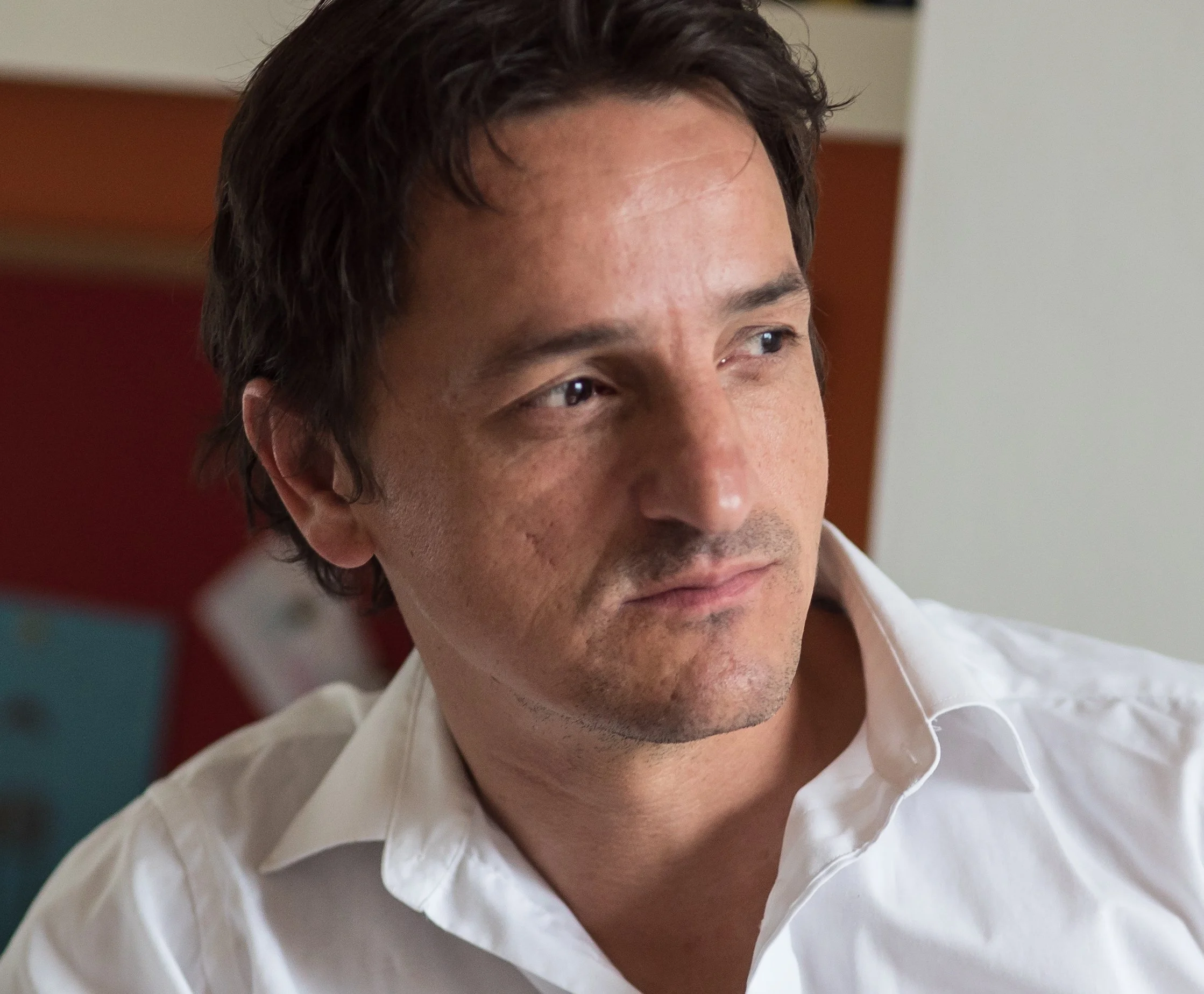
Steve Rolles
Senior Policy Analyst
Transform Drug Policy FoundationSteve is Senior Policy Analyst for Transform Drug Policy Foundation, a UK based NGO and charity engaged in analysis and advocacy around drug policy and law reform, where he has worked for 20 years. Steve is a lead author on a range of Transform publications including 2023's 'Regulating Psychedelics: A Practical Guide'. He has been a regular contributor to the public debate on drug policy and law; in the media, and in a range of UN and Government forums, and has served as an adviser for the Global Commission on Drugs, and the Governments of Uruguay, Canada, Luxembourg, Malta, Jamaica and Mexico on cannabis regulation.
-
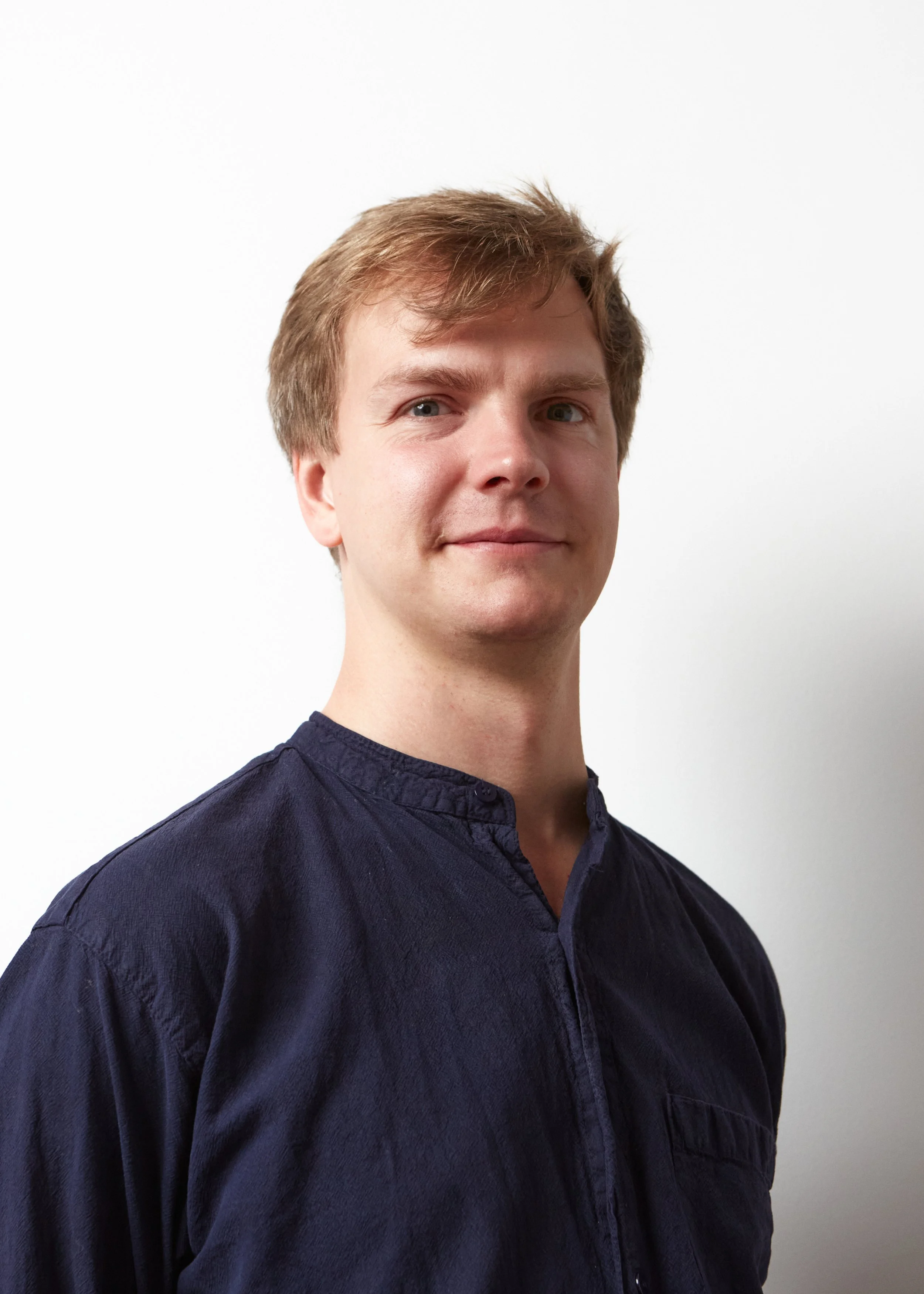
Henry Fisher
Chief Scientific Officer
Clerkenwell HealthDr Henry Fisher is the Chief Scientific Officer and Co-founder of Clerkenwell Health, a CRO and clinical research site network specialising in psychiatry and CNS research, with a core focus on clinical trials with psychedelics. He leads on trial design, regulator engagement, clinical development advisory services and controlled drug licensing compliance. He holds a DPhil from Oxford in Pharmaceutical Chemistry. Formerly, he has worked for Volteface drug policy think tank, The Beckley Foundation and The Loop. Since then Henry has founded three companies in the psychedelics and cannabis sectors and advised clients on R&D strategies, IP generation and research operations.
-
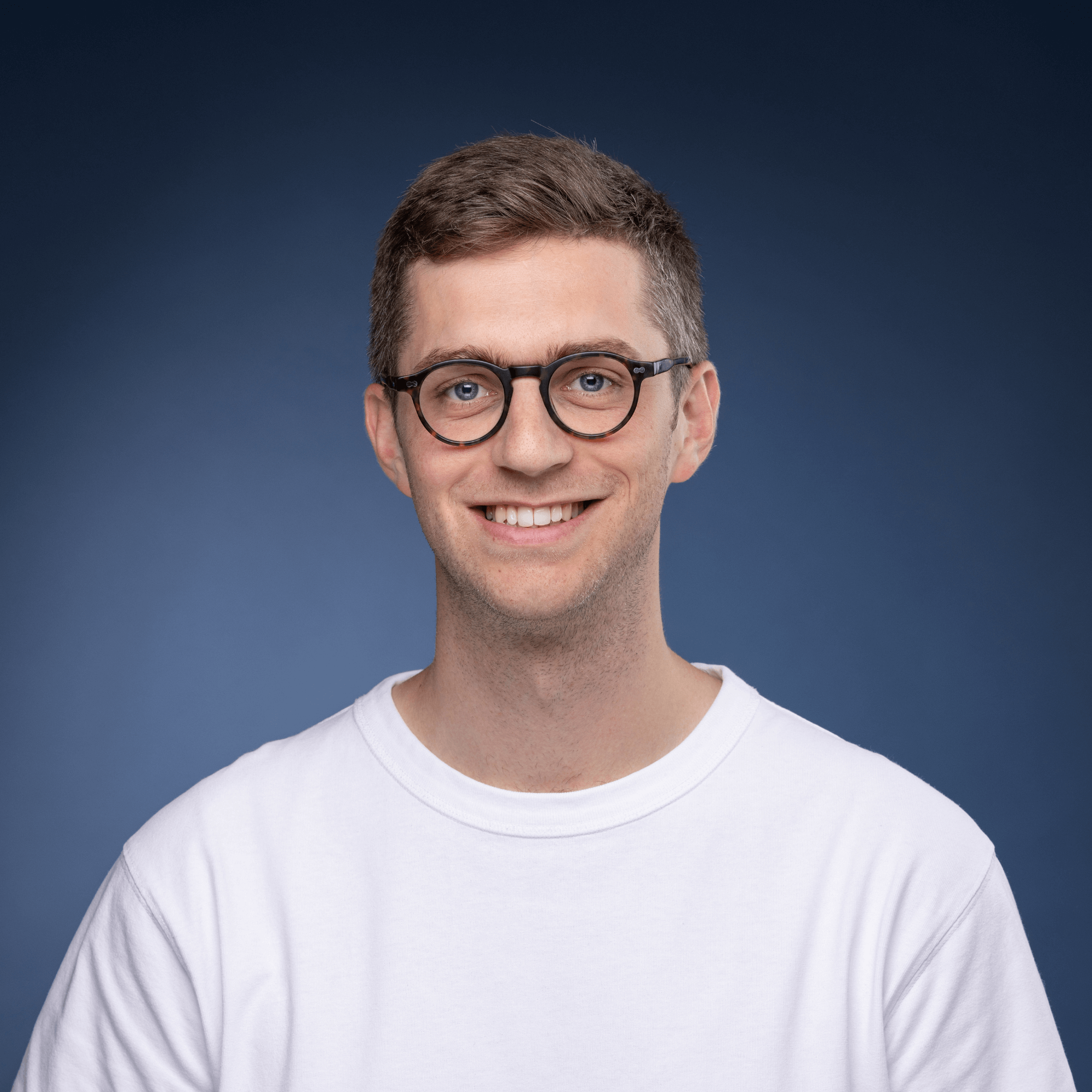
Josh Hardman
Founder & Editor
Psychedelic AlphaJosh Hardman has been covering the psychedelics industry for more than five years via regular Bulletins, deep dives and analysis, as well as unique datasets and resources. He has also worked with and advised investors, companies and entrepreneurs in this rapidly-changing field, giving him an insider’s perspective. He has discussed the trends (and tensions) in the space at conferences and regulatory summits across the world.



